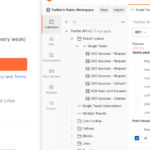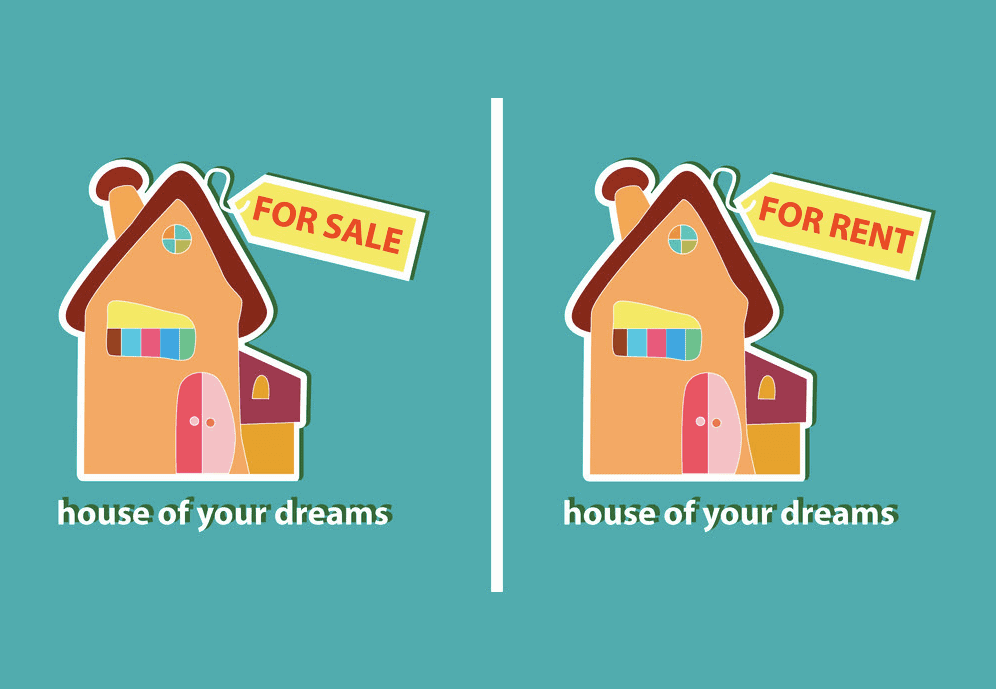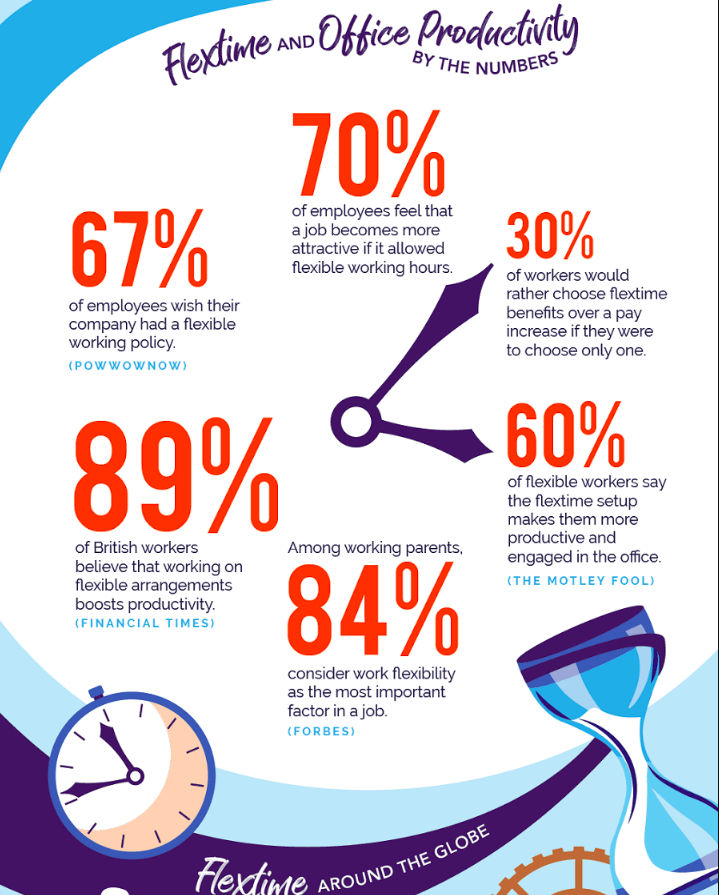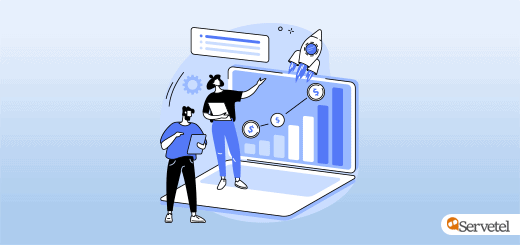Have you planning to take home based on your convenience and you are under the dilemma of rent vs buying then here is some important point and factors that help you to make a decision between the rent vs buying.
Even though owning a house is a profoundly rooted objective of numerous Americans, renting has benefits. Buying a home isn’t for everybody. Rates of purchasing a house are high in the U.S. However, this hasn’t generally been the situation. Typically, families are either expected to construct their own homes or rent a house from another person.
For specific individuals, renting may bode well for their monetary conditions. Here I am providing some of the following benefits of renting, rather than purchasing, a home.
Table of Contents
Benefits of Renting:
1) No Maintenance Costs or Repair Bills
One of the advantages of renting a house is that there are no upkeep expenses or fixed bills. When you rent a property, your landowner is answerable for all upkeep, improvement, and fixes. If an apparatus quits working or your rooftop begins to spill, you call the property manager, who is needed to fix or supplant it.
Property holders, then again, are liable for all home fix, support, and remodel costs. Contingent upon the idea of the errand, it can get costly.
2) Access to Amenities
Another monetary advantage of leasing is approaching conveniences that would somehow be a colossal cost. Extravagances, for example, an in-ground pool or a wellness community, come standard at many center scales to upscale high rises with no extra charge to occupants.
On the off chance that a property holder needed to approach these conveniences, it would probably cost a great many dollars for establishment and support. Condominium proprietors would have to pay month-to-month charges for admittance to them.
3) No Real Estate Taxes
One of the significant advantages of renting as opposed to claiming is that tenants don’t need to make good on local charges. Land duties can be a full weight for property holders and shift by province—in certain territories; the expenses can be a considerable number of dollars every year.
Although local charge counts can be intricate, they are resolved depending on the house’s assessed property estimation and land measure. With recently assembled homes getting bigger and bigger, local charges can be a substantial monetary weight.
4) No Down Payment
Another zone where renters have a superior monetary arrangement is the in advance expense. Renters need to pay a security store equivalent to one month’s rent. A store that will hypothetically be gotten back to them when they move out if they haven’t harmed the investment property.
When buying a home with a home loan, you’re needed to have a sizable upfront installment—ordinarily around 20% of the property’s estimation. That upfront installment brings about having a value in the home, which just increments as the home loan is continuously paid off. When you own a home without a worry in the world, you have an essential venture that tenants won’t ever achieve.
In any case, the sum required for an initial installment on the house is fundamentally more than a rental security store. A 20% initial installment on the house with a market estimation of $200,000 is $40,000. The average loft rental on Manhattan Island in New York City, perhaps the most costly places to live in the U.S., was $4,801 in July 2020.1 Those who don’t have cash for an upfront installment are in an ideal situation renting.
5) More Flexibility regarding Where to Live
Tenants can live practically anyplace, while property holders are confined to regions they can bear to purchase. Living in a costly city, for example, New York, maybe far off for most home purchasers, yet it very well may be feasible for tenants. Even though rents can be high in regions where home estimations are high, tenants can more promptly locate a reasonable, regularly scheduled installment than home purchasers.
6) Few Concerns About Decreasing Property Value
Property estimations go here and there, and keeping in mind that this may influence mortgage holders amazingly, it impacts renters considerably less, if by any stretch of the imagination. Your home estimation can affect the measure of local charges you pay and your home loan measure reasonably. In a rough real estate market, renters may not be just about as unfavorably influenced as property holders.
7) Flexibility to Downsize
Renters have the choice to scale down to a more reasonable living space toward the finish of their rent. Such adaptability is particularly significant for retired people who need a less absurd, more modest elective that coordinates their financial plan.
It’s considerably more hard to break free from a costly house due to the expenses of purchasing and selling a home. Likewise, if a mortgage holder has put a lot of cash in remodels, the selling cost probably won’t take care of these expenses, leaving them incapable of bearing to sell and move.
8) Fixed Rent Amount
Rent sums are fixed for the range of the rent understanding. While property managers can raise the rent with notice, you can spend it productively because you know the rent you are needed to pay.
Likewise, fixed-rate contracts consider effective planning, yet movable rate home loans can vacillate, regularly bringing about rising home loan installments because of higher premium charges. Local charges are another variable that can expand costs for property holders however don’t influence renters.
9) Lower Insurance Costs
While property holders need to keep a mortgage holders protection strategy, the comparable for renters is a tenant’s protection strategy, which is a lot less expensive and covers almost everything possessed, including furniture, PCs, and resources. The average expense of a renter’s protection is $180 each year, while the typical mortgage holders protection strategy costs $1,211 each year, as per a recent report by the Insurance Information Institute.
10) Lower Utility Costs
Even though homes can shift in size, they usually are more significant than rental condos. Accordingly, they are all the more exorbitant to warmth and can have higher electric bills. Investment properties typically have a more reduced and productive floor plan, making them more moderate to heat and force than numerous houses.
Conclusion
Owning a home can help mortgage holders as time goes on because they measure the value they obtain in their home. Tenants have nothing substantial to show for quite a long time of rental installments. In any case, for the individuals who are hoping to maintain a strategic distance from the issues of homeownership, the expenses of upkeep, and local charges, leasing may be a superior choice. It relies upon every individual’s way of life, monetary circumstance, and whether they’re working or in retirement.










